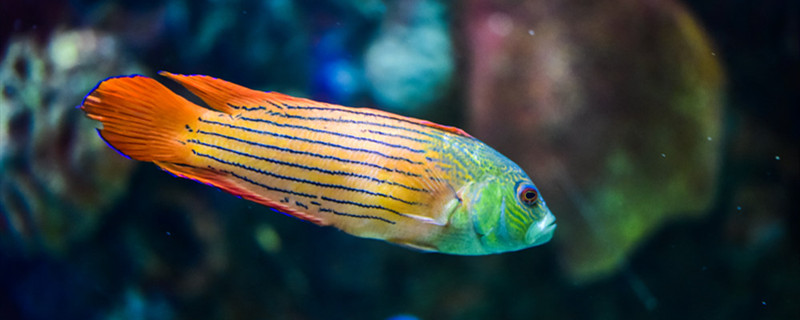
The purpose of changing the water in the fish tank is to keep the water clean and sanitary. Although there is filtration in the fish tank, it can delay the deterioration of water quality and keep it clear, but the water will still have a negative impact on the growth of fish for a long time, so changing some water regularly can also stimulate the fish body a little, so as to promote metabolism and accelerate its development.
1. What kind of water to use: Tap water or pure water is usually used to change the water in the fish tank, but it is not recommended to use the tap water that has just been connected, because the residual chlorine in it will have a bad effect on the fish. Therefore, two to three days before the preparation of water change, it is necessary to connect the tap water and put it in a sunny place to dry, so as to volatilize chlorine and ensure the safety of water quality.
2. How much to change: You must pay attention to the amount of water to change. If you change too little, it will have little effect on improving the water quality. If you change too much, it will cause the fish to have a stress reaction, or even cause them to die. Therefore, it is generally necessary to change one fifth or one quarter of the water, not more than one third of the total amount.
3. Once a few days: Generally speaking, the cycle of changing water is not fixed. This mainly depends on the condition of the water body. If the filtration in the tank is strong, it is no problem to change the water once half a month. If the water is very easy to be muddy, you should change the water appropriately and frequently. However, you can only change it once every three to four days at the fastest, otherwise it will stimulate the fish.
4. Precautions: Pay attention to the control of water temperature when changing water. The temperature difference between new water and old water should be kept within 1-2 ℃. In addition, we can not change water violently, use water pipes to pump water from the bottom, and then slowly pour new water from the tank wall, so that the water level remains in the previous position, and the water change is completed.